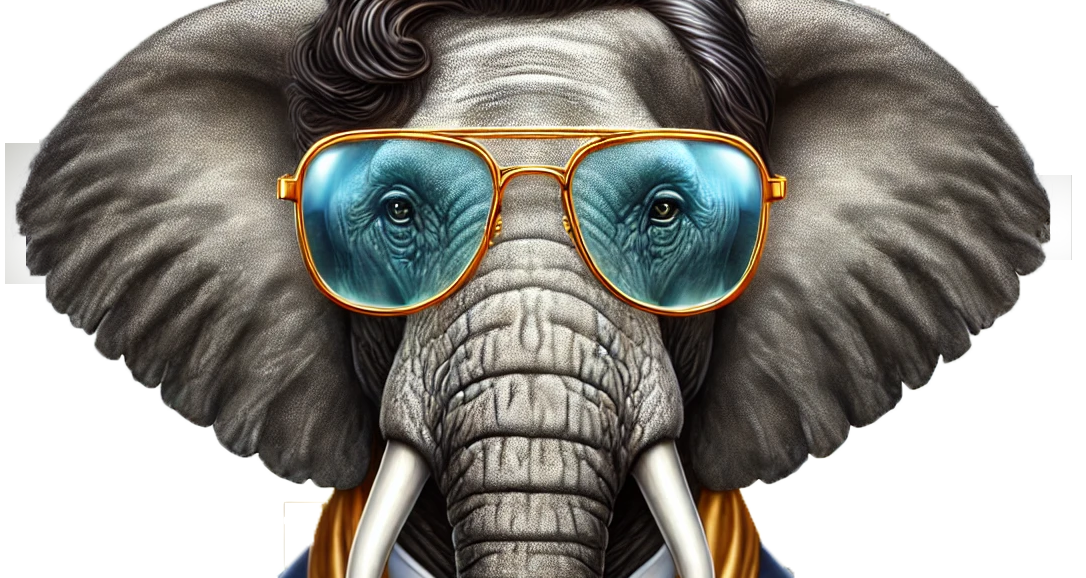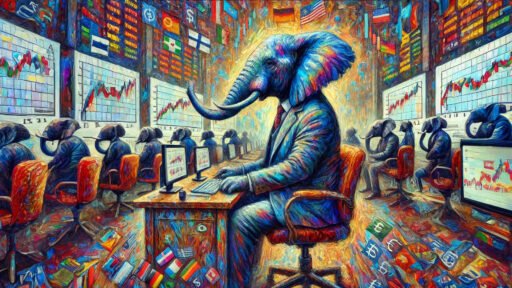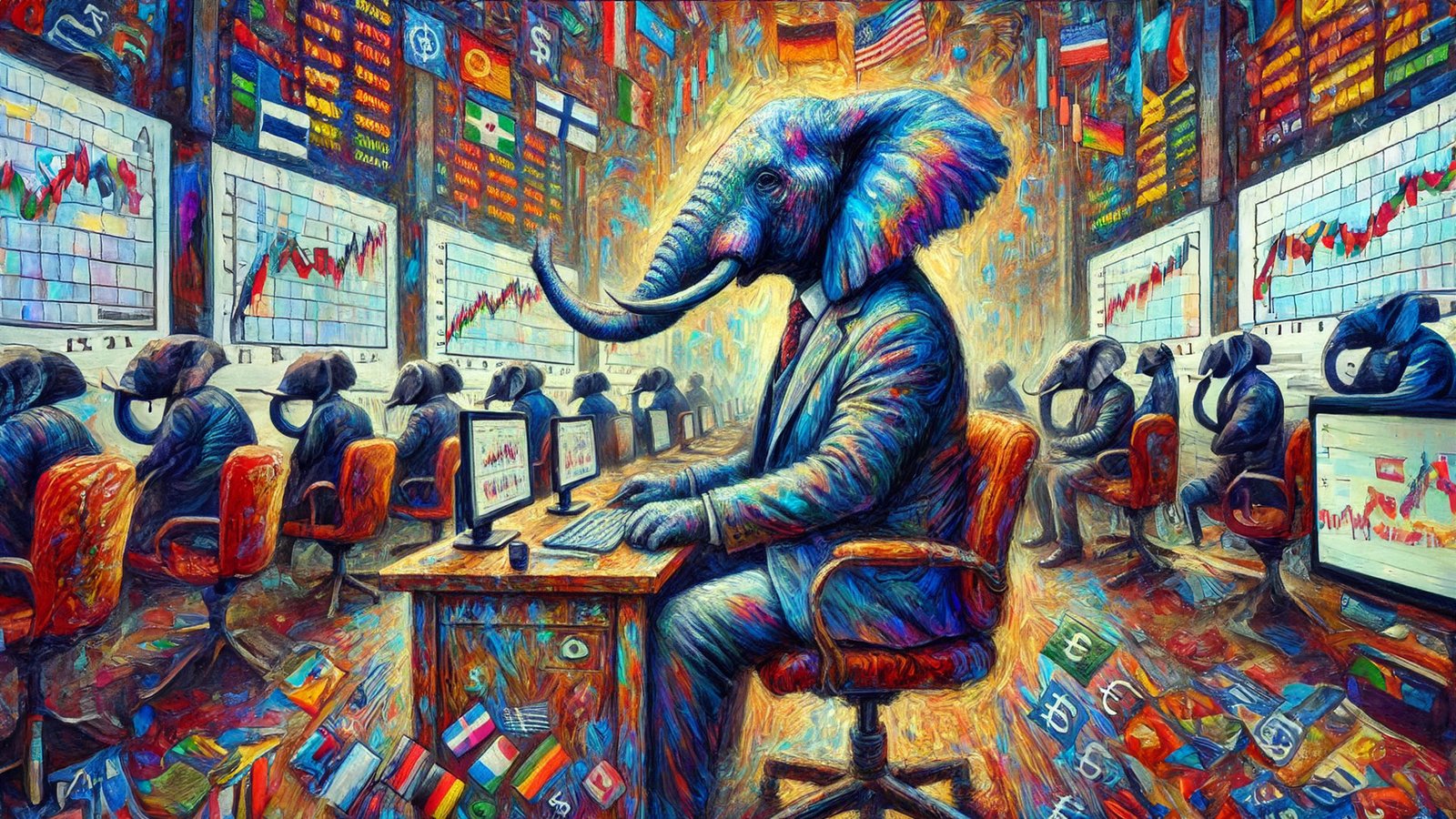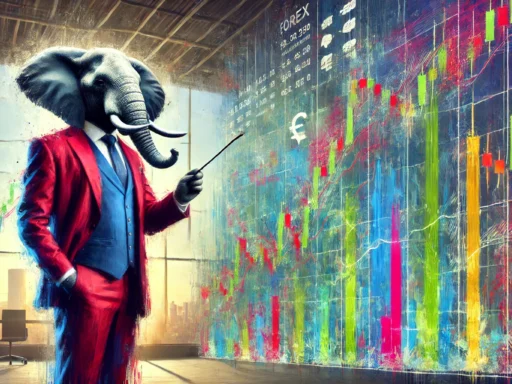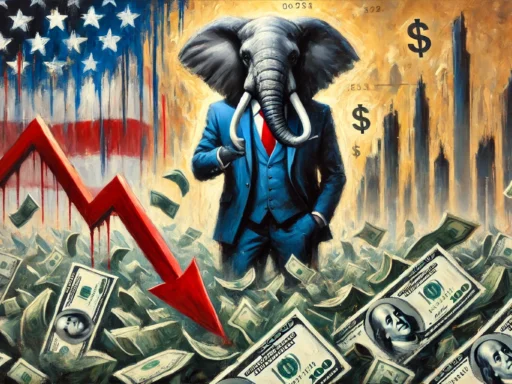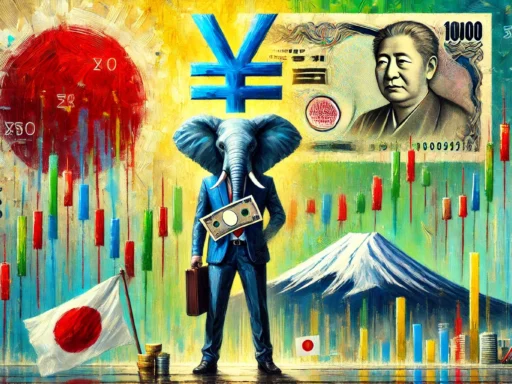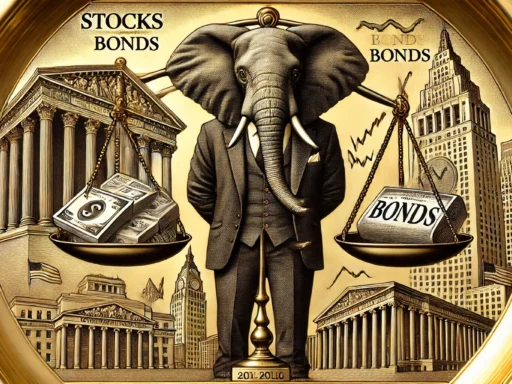Hello Elephants! Have you ever wondered what ‘Forex’ is?
Forex, short for “foreign exchange,” is the global market where people trade different currencies. It’s like a marketplace where you can exchange one currency for another. For example, if you’ve ever travelled to another country and exchanged your money for the local currency, you’ve participated in the Forex market.
However, most Forex trading is done electronically between banks, financial institutions, and individual traders. It’s the largest financial market in the world, with trillions of dollars traded every day. The main goal of Forex trading is to profit from changes in the value of one currency compared to another.
How Currency Trading Works
In Forex, currencies are traded in pairs. Each pair has two parts: the base currency and the quote currency. For example, in the pair EUR/USD, EUR (the euro) is the base currency, and USD (the US dollar) is the quote currency. When you trade, you’re essentially buying one currency and selling the other.
If you think the euro will get stronger compared to the US dollar, you would buy the EUR/USD pair. If you believe the euro will weaken, you would sell the pair. The goal is to buy low and sell high, making a profit from changes in the exchange rate.
Why Do People Trade Forex?
People trade Forex for different reasons. Some traders aim to make a profit by taking advantage of small changes in exchange rates. These traders buy currencies when they think the value will rise and sell when they expect it to fall.
Others use Forex for hedging, which means protecting themselves against big swings in currency values. For example, a company that does business internationally might trade Forex to reduce the risk of losing money when converting foreign earnings back into their local currency.
Forex is popular because it’s open 24 hours a day, five days a week, and offers high liquidity, meaning it’s usually easy to buy or sell currencies quickly.
What to Know Before You Start
While Forex trading can be exciting, it’s important to understand the risks involved. Currency prices can move quickly, and because of leverage—where you borrow money to trade bigger amounts—you can lose more than you originally invested.
That’s why it’s essential to educate yourself and practise with demo accounts before trading with real money. The more you learn, the better prepared you’ll be to make smart trading decisions.
Take the First Steps Towards Forex Trading
Forex trading opens the door to one of the largest and most liquid financial markets in the world, where currencies are constantly being bought and sold by banks, businesses, and individual traders. It’s an exciting market with plenty of opportunities, but it’s important to approach it with the right mindset and knowledge.
As a beginner, your first step should be understanding the basics—what Forex is, how currency pairs work, and why people trade in this market. You’ve learned that trading involves buying one currency and selling another, and that exchange rates fluctuate based on many factors, from economic policies to global events. The goal is to take advantage of these price changes, buying low and selling high.
However, while the potential for profit is there, so are the risks. Forex is a fast-moving market, and prices can change quickly. Factors like leverage, where you trade with borrowed money, can increase both your potential gains and your losses. That’s why it’s crucial to start by educating yourself. Read up on how the market works, follow the news that impacts currency prices, and understand the tools and platforms available to traders.
It’s also a good idea to practise on demo accounts before diving into live trading. Many online platforms offer free accounts where you can trade with virtual money, giving you a chance to test your skills in real market conditions without the risk of losing real funds. This is a valuable way to gain experience and confidence.
When you feel ready to trade with real money, start small. Don’t rush in with large amounts—test your strategies, track your progress, and learn from both your successes and mistakes. Building a solid foundation takes time, but with careful planning and ongoing learning, you can improve your chances of success.
Forex trading requires discipline, patience, and a willingness to continually improve your knowledge. By staying informed and trading carefully, you’ll be better equipped to make smart, calculated decisions. Whether you’re looking to profit from short-term trades or using Forex to hedge against market changes, the key is preparation and a strong understanding of the market.
Remember, Forex is not a get-rich-quick scheme. Success takes time, effort, and a commitment to learning. Take the time to build your knowledge, practise your strategies, and manage your risks wisely. With the right approach, you can begin your journey towards mastering the Forex market and potentially building a profitable trading strategy.
